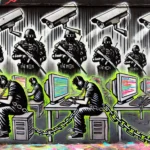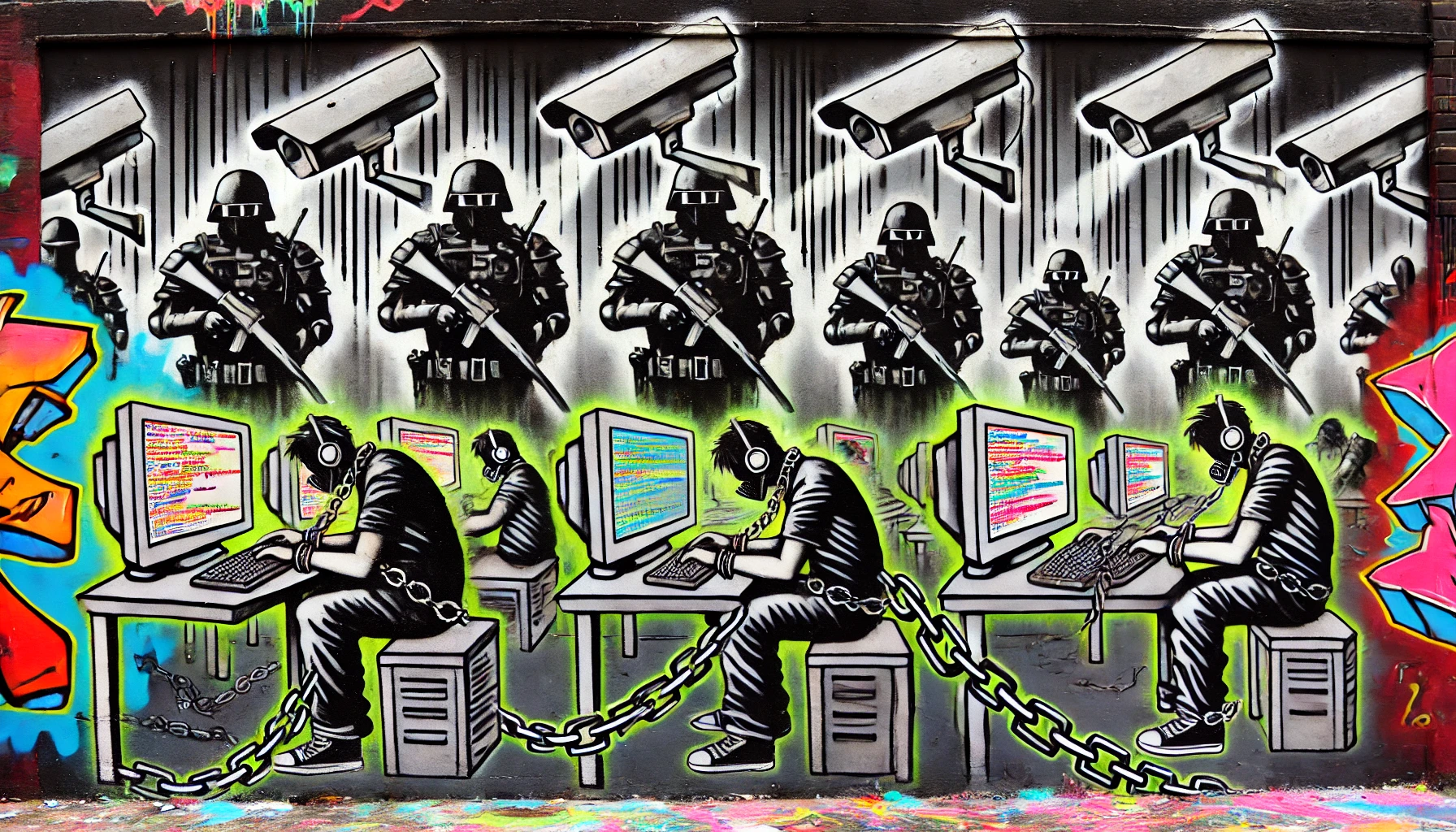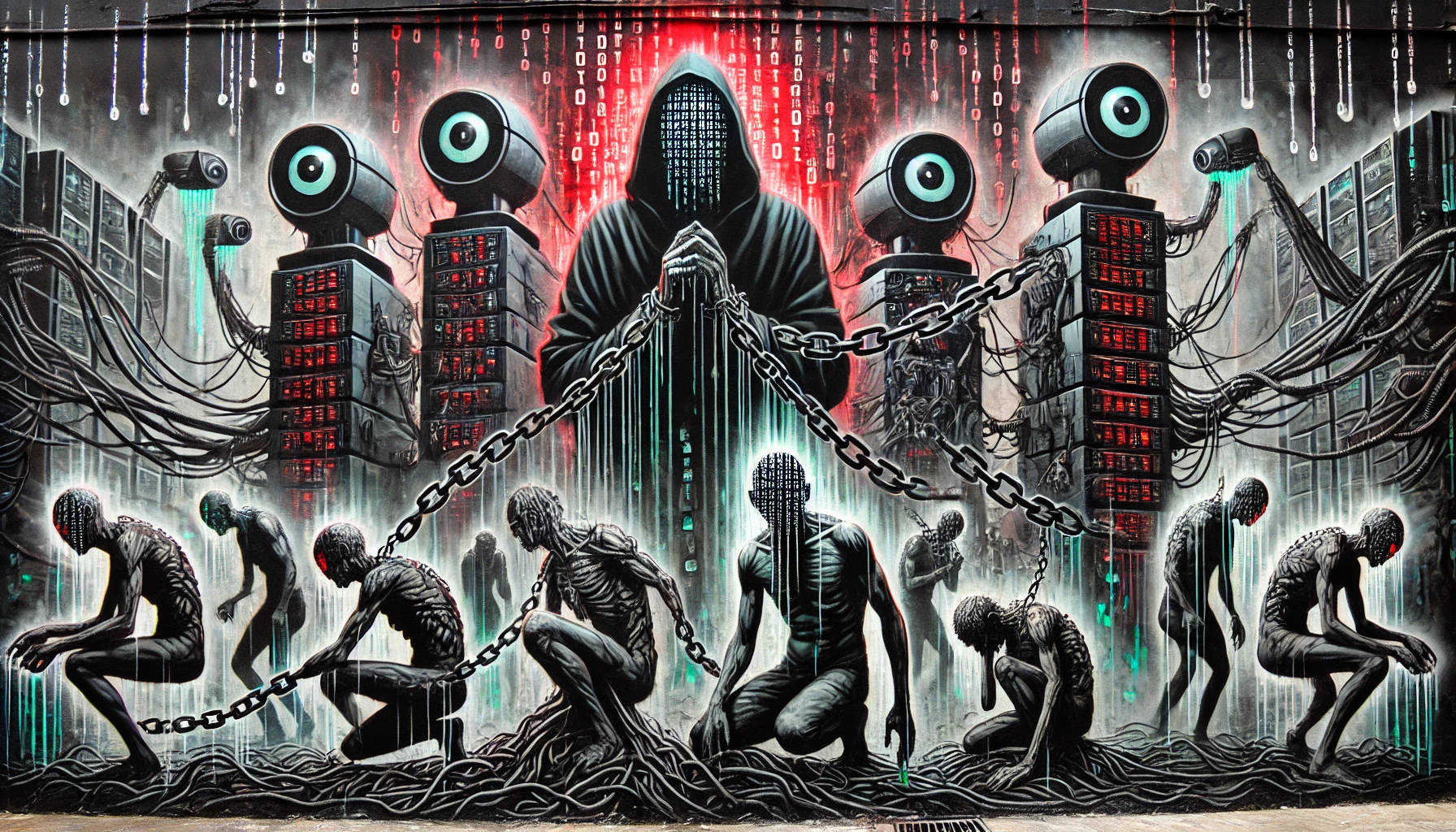In what can only be described as a “legally hostile environment”, developers of privacy-enhancing and decentralized technologies face an uncertain and precarious legal future, with outcomes that often resemble a “kangaroo court” scenario. Courts are increasingly interpreting the act of writing code as equivalent to criminal activity if the tools are used for illicit purposes, potentially leading to harsh sentences for developers like those involved in Tornado Cash and Samourai Wallet. Free speech defenses, which argue that code is protected expression, are being dismissed in favor of focusing on the functional aspects of the software. As governments push to assert control over decentralized platforms, developers are likely to face aggressive prosecution and severe penalties, driven more by political motivations than legal fairness.
After Ross Ulbricht’s Complete Miscarriage of Justice, Only a Fool Would Believe in the Rule of Law
In the current legally hostile climate, where developers are being prosecuted for the potential misuse of their code by others, the legal outcomes for these individuals are increasingly uncertain and precarious. Much like a “kangaroo court” scenario, where due process and fairness are sidelined in favor of predetermined outcomes, developers face trials that often seem more focused on making examples of them rather than addressing the complexities of their cases. For example, the Tornado Cash case, where developers have been charged with money laundering for merely writing privacy-enhancing code, demonstrates how prosecutors are willing to conflate the act of coding with criminal intent. In such cases, developers may struggle to mount an effective defense if courts continue to interpret the creation of tools as equivalent to participating in illegal activities.
Given the precedent being set by cases like Tornado Cash, Samourai Wallet, and Bitcoin Fog, developers in this environment could expect to face harsh sentences if convicted. The potential penalties are severe, ranging from decades in prison to life sentences, as seen with Ross Ulbricht, the founder of Silk Road, who ultimately created a free market e-commerce website. Even though these developers are not directly involved in illegal transactions themselves, they are being held liable for creating platforms that can potentially be used for illicit purposes, even though the apps themselves are fully legal to create. This expansive interpretation of liability, which holds creators responsible for how their tools are used after the fact, reflects a broader trend of governments targeting technological innovation under the guise of combating crime. Unfortunately, this could mean that developers are more likely to be convicted, especially if the courts continue to prioritize punitive measures over nuanced legal interpretations.
Developers can expect that their arguments related to free speech and the protection of code as speech may not carry much weight in court. While there have been strong arguments in favor of viewing code as a form of expression protected by the First Amendment, recent rulings have demonstrated that the judiciary is more likely to focus on the functional aspect of the code, rather than its expressive nature. In the Tornado Cash case, for instance, the court dismissed the argument that writing code was protected under free speech, emphasizing the “functional capability” of the software rather than its creative or expressive nature. This trend suggests that developers arguing for legal protection on the basis of free speech may continue to face an uphill battle in the courts.
Ultimately, in this legally hostile environment, developers can expect their cases to be influenced by broader political and regulatory motivations rather than strict adherence to legal fairness. Much like a “kangaroo court,” the legal process for these developers may appear skewed from the outset, as governments seek to assert control over decentralized technologies and set an example for the industry. While there may still be opportunities for appeals and legal challenges, the hostile climate surrounding privacy-enhancing technologies and decentralized platforms means that developers should brace for aggressive prosecution and potentially harsh outcomes. Without significant changes to how these cases are prosecuted and judged, the future looks bleak for developers who prioritize innovation, privacy, and decentralization.












